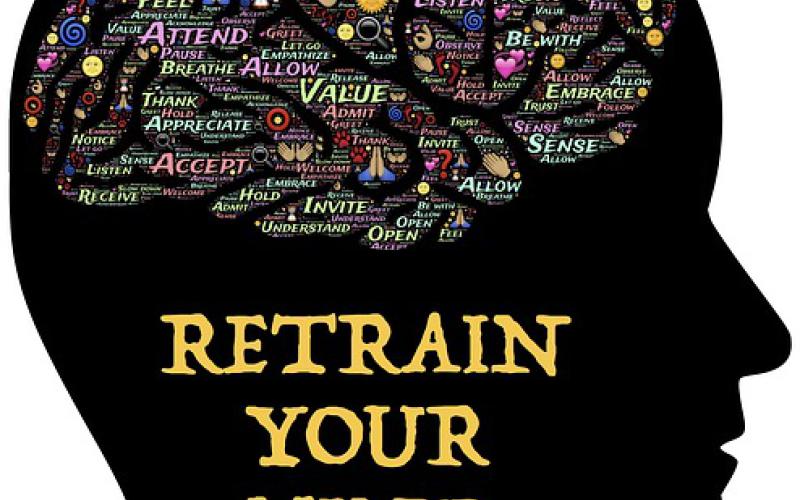
Have you thought about the terms of conflict resolution and conflict management. Google shares with us research on key terms. Conflict resolution is at least three times as popular as conflict management. Perhaps that is because the initiative is on how to resolve a conflict rather than looking at a way to manage conflict. Not all conflict is bad. Collaborative conflict working together and exchanging ideas professionally focusing on the goal is ideal. The question is how to manage conflict to stay positive and focused to avoid it becoming negative, frustrating, and counterproductive. This is where conflict management comes in. Let’s look at both conflict resolution and conflict management.
Conflict resolution
Conflict resolution may be through litigation, arbitration, mediation, negotiation, or facilitation. There is an assumption that once the issue has been resolved between the parties the conflict is over. Not so fast. The specific issue may have been addressed, but the underlying feeling, emotion, and perspective of the parties may still be as negative as ever.
A question is how do you manage conflict to avoid it from becoming negative, and when it is negative how can you address the issue and have the parties move on professionally?
This is where conflict management comes in.
In the legal world of litigation conflict resolution has a beginning and end. However, in the business world with business relationships, problems, and longer term concerns, engagement becomes critical. It is important to build longer term relationships for both you and the other party.
Conflict management
Conflict management looks at the issue of conflict as an ongoing issue. It is not something to be addressed, resolved, and closed. Rather it is a process that is ongoing. Some issues may never be fully resolved and still parties have to work with one another. Conflict management looks at conflict as an opportunity. Knowing conflict is inevitable, what process can be put in place to address conflict proactively to avoid negative conflict initiating and spreading like cancer?
Start by reframing your perspective
It all begins with relationships with each other. What can you do to build a relationship with your boss, co-workers, peers, and those that report to you? What do you know about them at work and outside of work? What can you do to develop a better understanding, connectiveness, and authentic relationship? What about with vendors, customers, shareholders, and other stakeholders?
When you feel anxiety building and you have the beginning the elements of anger, stop, reflect, and step back. Why is this making you angry? May there be another way to look at the situation? I offer you a practical example.
An example
At a very upscale well thought of grocery store the produce manager was absent that day and the employees in the produce department were all doing the best they could. A non-manager was put in charge that day. The manager of the entire store was at the other end of the store when a patron who knew the manager showed him bananas that had spots on them. The bananas did not look good. She asked him what the heck was going on. She was angry, but the store manager kept his cool apologized, took the bananas and went to find out what was going on. He thanked her and headed off to the produce department. Stop. Pause. What might he be thinking? What is going on? Why did they have poor quality bananas in the produce area? Here is how he managed this conflict.
He walked into the produce area and found the acting manager. He asked the acting manager how things were going. The acting manager shared that overall things were going well, but the bananas that were delivered today were below standard. Not knowing what to do, the acting manager and another employee went through all of the bananas. They threw out about two thirds of the bananas, but wanting to have some produce, they put the best of the worst on display. They took the initiative to do the best they could with what they had and what they thought was best.
The store manager looked at the bananas and saw the lower quality immediately. This became a teaching moment. Given their high standards he complimented the acting manager for his ingenuity and his initiative. However, given the store’s reputation, it would be better to simply remove the substandard bananas and put up a sign that indicated they were sorry, but there were no bananas today. The store manager then also asked that when something like this happens to let the store manager know right away. The store manager could follow up with the vendor to ask what was going on and possibly look for other alternatives.
By making this a moment to ask questions, stay focused, avoid blame, and make the situation into a learning moment the situation turned into an opportunity going forward. The store manager’s mindset of keeping cool, asking the acting produce manager how things were going and having the acting produce manager share his story about the bananas made all the difference in this scenario.
Engagement
By approaching the situation with an open mind, with understanding, and with engagement the organization is walking the walk and building a better organization.
Wouldn’t you like to work in an environment like this. What does this say about conflict management? Conflict management keeps focused on the problem, leads with compassion by being calm, confident, and competent, but listens with empathy to understand the situation.
Conflict management is hard on the problem and gentle on the people.
The example presented here addresses the situation constructively, but more importantly, it sets a process in place that can be repeated to appropriately address customer satisfaction, employee satisfaction, and business results. Building strong, long lasting, authentic relationships it is possible to resolve conflicts appropriately and a mindset that avoids blame.
